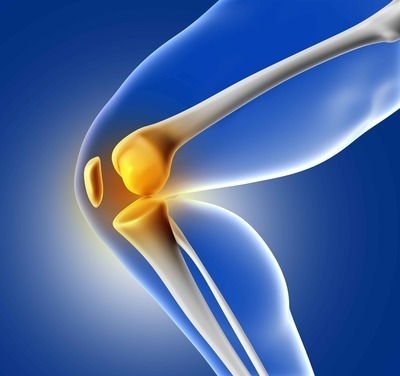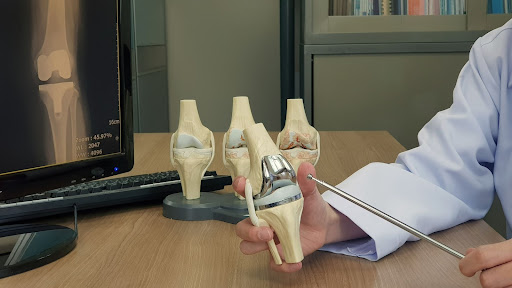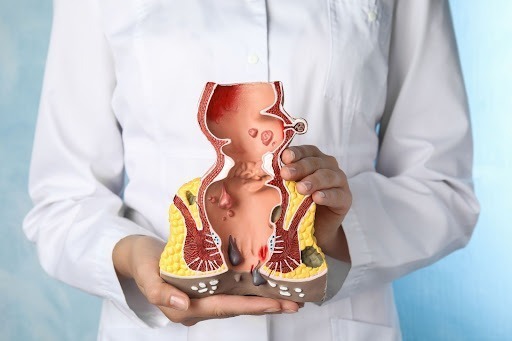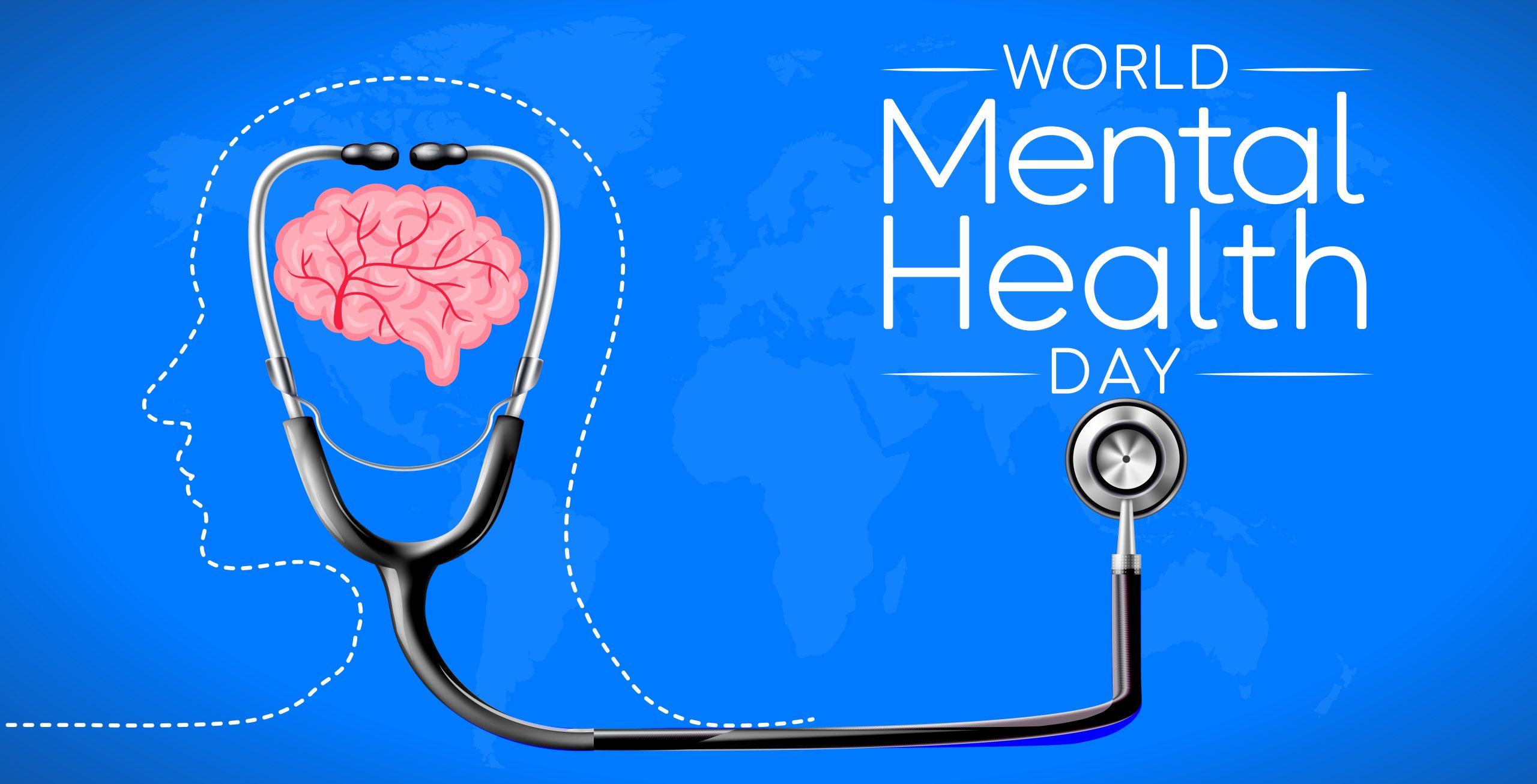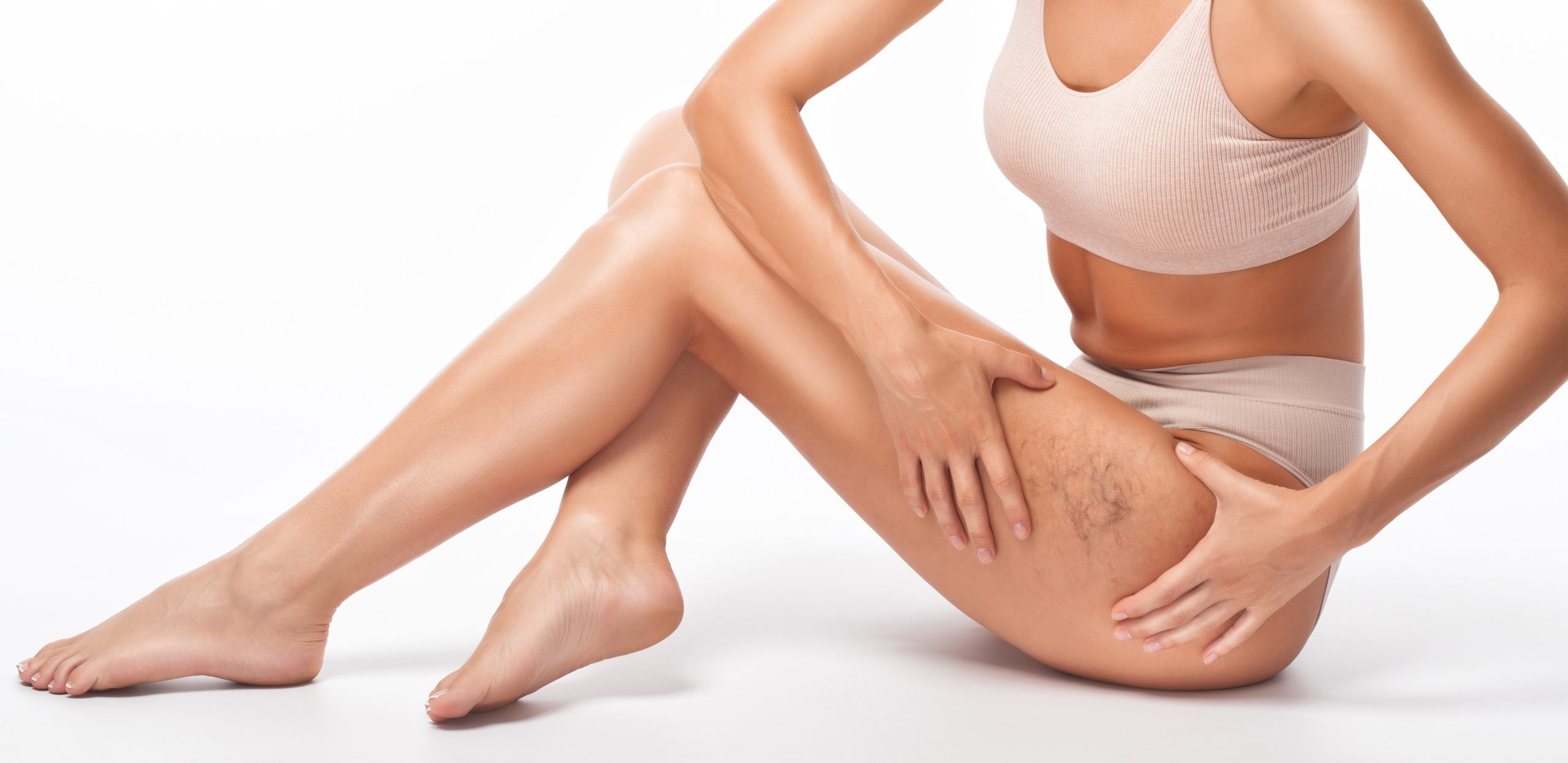Varicose Veins
Why are Varicose Veins More Common in Females
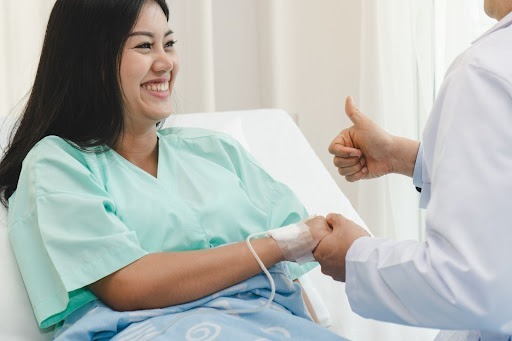
by admin
15th September 2023
6 minutes read
Varicose veins are damaged, collapsed veins seen just below the skin in your legs. When someone mentions varicose veins, the image that comes to mind is of a fragile, old lady with a bunch of ugly-looking bluish-black veins running up her legs. This image is quite natural as women are the ones who are more prone to develop varicose veins. Read on to know why this is so.
What are Varicose Veins?
Varicose veins are damaged veins that develop due to a malfunctioning valve. Normally, the valves in your veins push blood towards the heart and then close of their own accord so that there is no backflow of blood. When these valves do not function properly, the blood does not het pushed out fully and there is also backflow of the blood pushe dout. This causes the blood to pool within the veins. The vein walls are eventually destroyed and what results is the formation of varicose viens.
Varicose veins happen due to several reasons. Genetics, hormonal fluctuations, age and occupation are some of the top causes for formation of varicose veins.
Women and Varicose Veins
Women have a higher chance of developing varicose veins than men. Statistically, women are four times more likely to develop varicose veins than men, as per the American Vein and Lymphatic Society (AVLS). Pregnancy, weight gain, menopause, use of hormonal pills for contraception are some of the reasons due to which women are more susceptible to developing varicose veins.
At the root of it, hormonal fluctuations are the reason why varicose veins are seen more in women.
The hormonse Progesterone and Estrogen, and the fluctuations in their levels are the main reason why almost 55% women are likely to develop varicose veins atleast once in their lifetime.
Progesterone is the hormone responsible for regulating the menstrual cycle and for physical development. This hormone has a negative effect on the veins. It relaxes the vein valves and the walls of the vein. When the levels of progesterone are very high, the effects on the veins are significant. Which is why pregnancy, a condition where progesterone levels are high, is a time when women are highly susceptible to develop varicose veins.
Estrogen has a similar effect on the veins as does progesterone. Low levels of estrogen can damage the vein valves and have a harmful effect on the walls of the veins. Pregnancy and menopause are some life instances where the estrogen levels are not normal. This is why several pregnant women develop varicose veins a few weeks into pregnancy. Though this condition resolves once the pregnancy ends, it does leave the woman with very high chances of developing varicose veins in subsequent pregnancies.
Pregnant women also experience an increase in their blood pressure and an increase in the amount of blood in their bodies to feed the developing fetus. These are also some causes for developing varicose veins.
Medical conditions like PCOS, menopause,are some instances where hormone replacement therapy is the mode of treatment. Hormonal pills are also consumed as a form of contraception. In such instances,when you take hormonal pills, you are subjecting your body to external hormones. This causes a fluctuation in the hormone levels in your body. The altered levels of estrogen and progesterone lead to a weakening of the vein valves and make you prone to develop varicose veins.
Ageing is a natural process that happens irrespective of your gender. But in women, ageing brings along with it a sharp drop in estrogen levels and increase in the progesterone levels. This onslaught causes damage to the vein valves and ultimately leads to varicose veins.
Preventing Varicose Veins In Women
Varicose veins can happen to any person, but a woman has higher chances of developing them due to the influence that hormones have on her body. Though the hormonal fluctuations cannot be helped at all times, women can definitely work on certain factors that will help them avoid developing varicose veins.
- Feet Up- If you have a job that requires you to be on your feet for long stretches at a time, make sure you take breaks at regular intervals to put your feet up. This helps to relax the calf muscles and improves blood circulation.
- Elevate- While you unwind and get ready for bed, remember to keep a couple of pillows below your feet. Elevating your legs above head level ensures that the pooled up blood flows back normally.
- Unwind- Take time out at the end of the day to relax. Indulge in some activity that is relaxing to your entire body. This helps the tired muscles to relax and improves blood circulation, thus ensuring that you dont have to wake up in the middle of the night with a painful cramp.
- Compression Stockings- These medically recommended stockings are a major help in preventing varicose veins. The compress your calves and help in pushing the blood towards your heart.
- Exercise- Regular exercises that work on the muscles of your legs help to keep these muscles strong. This ensures that the circulation through them is normal, thus avoiding the chances of development of varicose veins.
Takeaway
Varicose veins are damaged veins that look like thick, hard, bluish-black ropes. These veins are commonly seen in your legs. Varicose veins can happen to anyone, but women have a higher chance of developing this condition. This is because of the hormonal fluctuations that a woman’s body is subjected to during her lifetime. The fluctuating levels of estrogen and progesterone have a negative effect on the valve of the veins. They also damage the vein wall. Pregnancy, menopause, PCOS, oral contraceptive use are some examples that prove the link between abnormal hormonal levels and varicose vein development.
To know more about this condition and if you are at a risk of developing it, reach out to our experts at MedFin. We ensure a hasslefree experience and personalised care at every step of the way. Our experienced surgical team will be glad to address all your concerns and put your mind at ease.
—————————————————————————————————————————-
Disclaimer: The content on this site is the copyright of Medfin and is intended for informational and educational purposes only. This should not be considered a substitute for medical and surgical expertise. Results from any treatments or surgeries are subjective to an individual patient and the type of procedure/surgery performed. Please seek professional help regarding any medical concerns. Medfin will not be responsible for any act or omission arising from the interpretation of the content present on this page.
CATEGORIES
- ACL Reconstruction
- Anal Fissures
- Anal Fistula
- Appendicitis
- ASK A DOCTOR
- Benign Prostatic Hyperplasia
- Breast Lump Excision
- Cataract
- Circumcision
- Conditions & Diseases
- Cosmetology
- Covid-19
- Cure
- Endocrinology
- ENGLISH VIDEOS
- Eye Care
- Gallstones
- General Surgeries
- Government Schemes
- Gynaecology
- Gynecomastia
- Health
- Health Insurance
- Hernia
- Hindi
- Hip Arthoscopy
- Hip Replacement
- Hip Replacement Surgery
- Hydrocele
- Kannada
- Kidney Stones
- Knee Arthroscopic
- Laparoscopic
- LASER
- Latest Treatments
- Lifestyle
- Liposuction
- Medfin Stories
- Medicine
- Nephrology
- Ophthalmology
- Orthopaedic
- Paraphimosis
- Patient Testimonials
- PCL Reconstruction
- Phimosis
- Piles (Hemorrhoids)
- Pilonidal Sinus
- Proctology
- Prostate Artery Embolization
- Rhinoplasty
- Second Opinion
- Total Knee Replacement
- Urology
- Uterine Artery Embolization
- Uterine Fibroids
- Varicocele
- Varicose Veins
- Vascular
- VIDEOS


